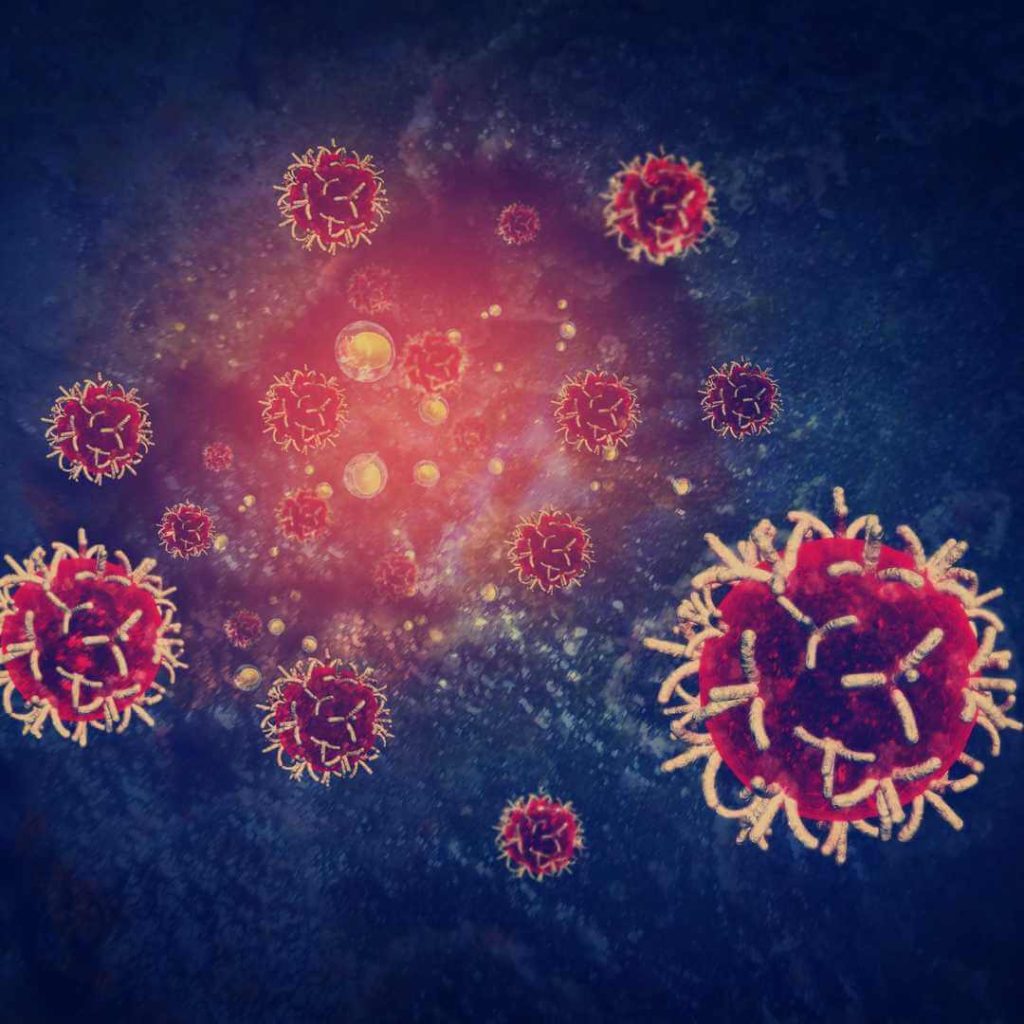Which Scan Is Better For Detecting Cancer?
Perhaps, which scan is better for detecting cancer is subjective, as a matter and difficult to determine. It is because medical professionals use diverse scanning modalities to screen cancer following certain factors, like –
- Your medical history and symptoms,
- Your age and sex,
- Cancer type and location,
- The need for a biopsy,
- The ratio between the risks and benefits of a definite imaging modality,
- How fast the diagnosis is necessary and more.
However, your doctor is most likely to recommend a CT scan or Computed Tomography as the preliminary test. In case the test result seems ambiguous, your doctor may go for another that ensures image clarity; and that is none other than Magnetic Resonance Imaging!

Sometimes, your doctor may pursue a functional scan to detect cancerous growth right at the cellular level. That is when they either order a Positron Emission Tomography (PET) alone or combine it with a CT scan.
The Preliminary Scan For Cancer Detection: Computed Tomography or Low Dose Computed Tomography!
CT is the scanning technique that utilizes many X-ray beams to create cross-sectional pictures of your internal anatomy from diverse sides. The method is quick, non-invasive, and painless, but it does involve some amount of radiation, even if low.
CT scans:
CT scans are available in almost all healthcare centers and are cheaper than MRI or PET scans. For this imaging test, you do not require a hospital stay. It takes around 20 to 30 minutes to get a CT scan done! Your doctor may or may not administer a contrast dye during this scan.
A CT or Low-dose CT can pinpoint a cancerous growth at its early stage. It can help your doctor evaluate the shape, size, position, and number of cancer. It can help doctors determine the stage and extent of cancerous spread (called metastasis).
Whether you have lung cancer, breast cancer, bone cancer, colorectal cancer, prostate cancer, or neck cancer, a CT scan can detect it! According to some studies, a CT scan can diagnose lung cancer at its earliest in about 70% of patients. It can accurately screen bone metastasis with about 73% sensitivity and 95% specificity.
CT or Low-dose
CT scans can help your doctor plan a treatment course for cancer, be it radiation therapy or chemotherapy. It can demonstrate the effectiveness of cancer treatment and also; show if cancer has recurred. Doctors use CT scans to regulate a biopsy process too!
The More Precise Scanning Modality For Complex Cancer Cases: Magnetic Resonance Imaging!
Often, you can see medical experts consider MRI as the gold standard diagnostic modality for cancer detection and screening. It is because an MRI can look into the deeper areas of your body, particularly the soft tissues. The process involves strong magnets and radio waves to create cross-sectional visuals on the computer screen.

An MRI is a safer process than a CT or PET scan, as it neither involves invasion nor radiation. It takes around 45 to 90 minutes to complete an MRI. Typically, it lay performed on an outpatient system in radiology centers, clinics, or hospitals. But, MRI scans are costlier than other imaging tests.
Do you know MRI is the most prominent pick to the question of which scan is better for detecting cancer? Why so? Well, an MRI accurately differentiates between a cancerous and non-cancerous mass growing inside your body. It can even identify cancers growing in your brain or spine tissues.
As per research studies, an MRI is nearly 87.01% accurate in detecting brain cancers. It is also efficient in liver cancer diagnosis, with an accuracy of about 96.77%! MRI scans can detect prostate cancers, cervix cancers, breast cancers, uterine cancers, bladder cancers, pancreatic cancers, esophageal cancers, etc. The diagnosis, in fact, topples the need for a further biopsy invasion.
Doctors typically prescribe a whole-body MRI to check for metastases or cancer spread to the bone marrow, especially in the case of breast or prostate cancers. A few studies reveal that this type of MRI holds about 90% accuracy, 86% sensitivity, and 92% specificity in detecting metastasis.
PET Scan or PET/CT Scan: Diagnosing Cancers At Its Roots!
Positron Emission Tomography is one of the latest nuclear imaging techniques that use radioactive tracers to analyze the biochemical functions or metabolic activities your body cells perform. While the cells of a specific body part show higher activity and require more energy, it indicates that the cells are cancerous in nature.

PET Scans are functional tests that can detect cancer at its earliest, even when the patient is asymptomatic. PET scans are non-invasive, painless, and get conducted outpatient, just like other imaging tests. The overall procedure may require around 30 minutes at the maximum.
Your doctor may recommend a PET scan to detect cancers of the thyroid, brain, neck, prostate, esophagus, cervix, or lungs. This method can help your doctor assess the cancer stage. It can also aid during the recurring restaging of advanced cancer. According to medical studies, a PET scan retains 74 to 85% accuracy in detecting new cancerous growth in your body.
Many times, you can see a PET scan performed together with a CT. This is because the combined PET/CT scan offers an integrated report on how big the cancer is, whether it is metastatic, whether any scar tissues are left from cancer killed through a treatment course, and where it lay! As a result, this new state-of-the-art method helps improve the localization of the lesions.
Studies show that a PET/CT scan ensures around 89 to 97% accuracy in cancer screening. PET/CT is such a nuclear imaging technique where the cancers show up during their very early onset, even before a CT alone or an MRI can trace them!
Last Words:
As you can see, all the tests mentioned above come into the spotlight during the debate of which scan is better for detecting cancer. All you must do is seek expert opinions; from doctors, when requisite, and follow what they say. Your doctor will conduct a physical examination, ask about your medical history, present health condition, family history, and more, and thereby recommend the most appropriate test for you.
For a Cancer MRI in Chandigarh, you can navigate to our marketplace MRI Chandigarh and get an appointment from the NABL-accredited radiology centers in the city at a discounted price.

Comments